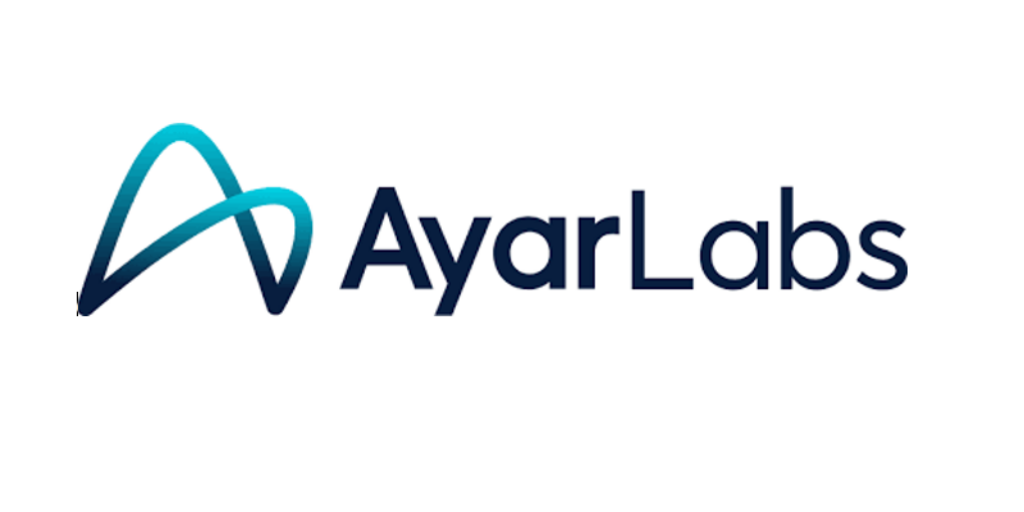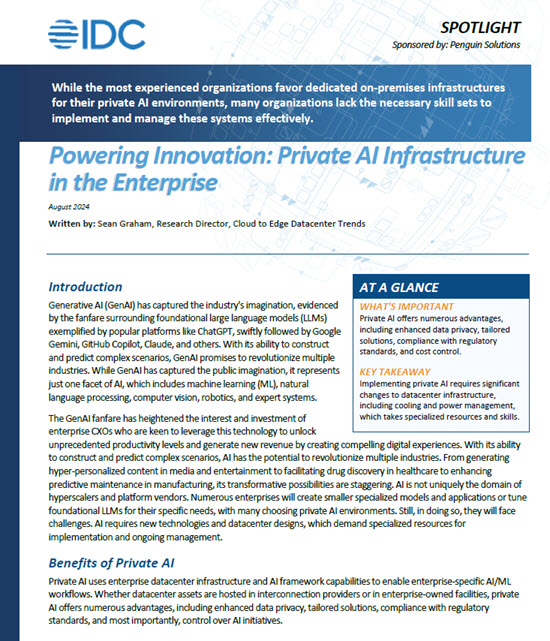By: Mike Bernhardt & Doug Black
Last year, the annual global supercomputing conference, SC11, was packed with inspiring and encouraging demonstrations of scientific discovery, leading edge research and new technology prototypes. This year it will be quite different. The conference will still be crowded with attendees and undoubtedly buzzing with excitement, but it’s the long term impact to U.S. technology leadership we should all be concerned with.
Travel and participation requirements imposed on government employees have caused a number of government labs to cancel their plans for exhibit hall booths at SC12, leaving the demonstrations of their latest work and research efforts back in the gray cubicles of their government offices.
The U.S. Department of Energy, the group responsible for the nation’s exascale strategy, and the U.S. Department of Defense, an agency that needs incredibly advanced and innovative technology more than ever as we build a more automated, robotic defense force, have both been forced to pull their exhibit booths from SC12. As a wide sweeping attempt at budget reform, following the public disgrace of the General Services Administration’s 2010 boondoggle conference in Las Vegas, it seems the many must now pay for the sins of the few.
Just to look at one example, last year 564 people from the Department of Energy were able to attend SC11. Researchers, scientists and technical support staff were there to give us a glimpse of where advanced computing technology is going, where the breakthroughs were happening, and what areas of research looked most promising for getting us closer to the goal of exascale systems in the 2020 to 2022 time frame.
But the impact of these restrictions is not measured by the number of people attending the conference!
“Restricting attendance of U.S. government scientists and program managers to scientific conferences damages progress in two ways: the program managers are not up to date on the latest technology and technical discoveries and the researchers do not benefit from knowing more about what the program managers are looking for. This is not a good thing for Government sponsored science and engineering.”
Vint Cerf
VP, Google
This year, looking at DOE specifically, there will be approximately 170 less participants from the labs. Keep in mind, the restrictions are now affecting all the federal government attendees, not just those from DOE. But looking at the numbers is not the point of this article. What will be missing is the interaction, networking, education and collaboration that takes place at those DOE exhibit booths. Some collaboration simply can’t be done effectively when meeting remotely on teleconferences and sharing files via Skype. Effective collaboration requires hours of real-time, intelligent conversations and the input and dynamic feedback of many different colleagues. That type of collaboration is key to driving HPC and exascale research forward.
This is a foolish cost-cutting measure imposed with both eyes closed to the broader impact on scientific discovery. The intended cost savings of this punishment being placed on our top scientists and researchers will hurt this country severely in years to come.
“One child in the school yard was misbehaving. Let’s make them all pay for it and lock them all up!”
While most people we spoke to wished to remain anonymous, a few brave souls out there were happy to put their names on the record.
“It should be of a deep concern to the entire technology community that government researchers are being kept excluded from the primary forum for HPC research interactions. Why should researchers be penalized when the abuses were by groups that have nothing to do with research? It’s ludicrous that government researchers are being cut off from the national research communities this way, particularly at a time when our Nation needs to be concerned about technological competitiveness.”
Cherri M. Pancake
former conference chair (SC99)
Chair, SIGHPC
Intel Faculty Fellow at Oregon State University
The initial reaction from the community to these foolish travel and participation restrictions was people talking about what this would do to the SC12 conference. As it turns out, these restrictions do have an impact, but potentially much less than originally feared. But again, it’s not so much about the impact to the conference or any financial discussion. That conversation completely misses the point.
It’s no surprise that one of our community’s most consistent voices, a champion of technological discovery, Thomas Sterling, has weighed in on this discussion.
“What is not good is the silly exercise of distraction that disrupts the U.S. HPC community, a critical keystone of this nation’s technology foundation, at a time of possibly significant change demanding interaction and cooperative consideration across the many sub disciplines comprising the field of scientific discovery.”
“While the rest of the world is gearing up for momentous advances, such as those planned in Asia and Europe, the US is playing schoolyard games about who gets to go to the single most important convergence of experts in the world, inhibiting cross fertilization of ideas that can only benefit the U.S. but more unfortunately sending the wrong signals that demonstrate confusion about priorities and commitments to strategic challenges.”
“While key leaders in government, industry, and academia throughout the U.S. are struggling to ignite the flame that will power U.S. competitiveness and innovation, others risk everything by perpetrating injurious actions for unrelated parochial reasons. These exigencies are the consequence of individuals uninformed about imperatives for achieving preeminence in a pivotal technological domain that itself contributes avalanche effects on so many mission-critical capabilities in technical, industrial, commercial, big data, and security related computing.”
“This recent sequence of events has been a setback for U.S. accomplishment and symptomatic of uncertainty in U.S. leadership at a critical time in HPC that may have no historical precedence.”
And this anonymous comment represents the sentiment of dozens of other responses – also wishing to protect their identities:
“SC12 will still be a very successful conference for the majority of the attendees. The big concern is long-term impact. The approach being taken restricts the number of people that can come to learn and develop, thus jeopardizing the long-term development of researchers at the federal labs. Further, the exceptional (and unwarranted) lack of trust that this policy demonstrates in the judgment of senior managers at the federal labs and research organizations is likely to drive away some of the best talent. We are setting the stage for a disaster in terms U.S. technology leadership.”
We’ll be talking to many of the attendees at SC12 to get their reactions to the environment created by these penny wise and pound foolish restrictions. And we’ll close this article with the words of the SC12 General Chair, Jeff Hollingsworth.
“Interest in SC12 continues to grow. Even knowing that many exhibits from DOE and DOD would not be present, several companies including Intel and Extreme Networks purchased significant additional booth space this fall.”
“We will miss our colleagues who will be unable to attend due to these travel restrictions. Given the U.S. Federal government’s intellectual leadership in the field of High Performance Computing, we hope in the future that a full complement of U.S. federal scientists will be able to attend SC. The dialog that occurs at conferences is critical to the advancement of science.”
What was that?
“The dialog that occurs at conferences is critical to the advancement of science.”
We couldn’t agree more Jeff. The keyword here is “critical.”



